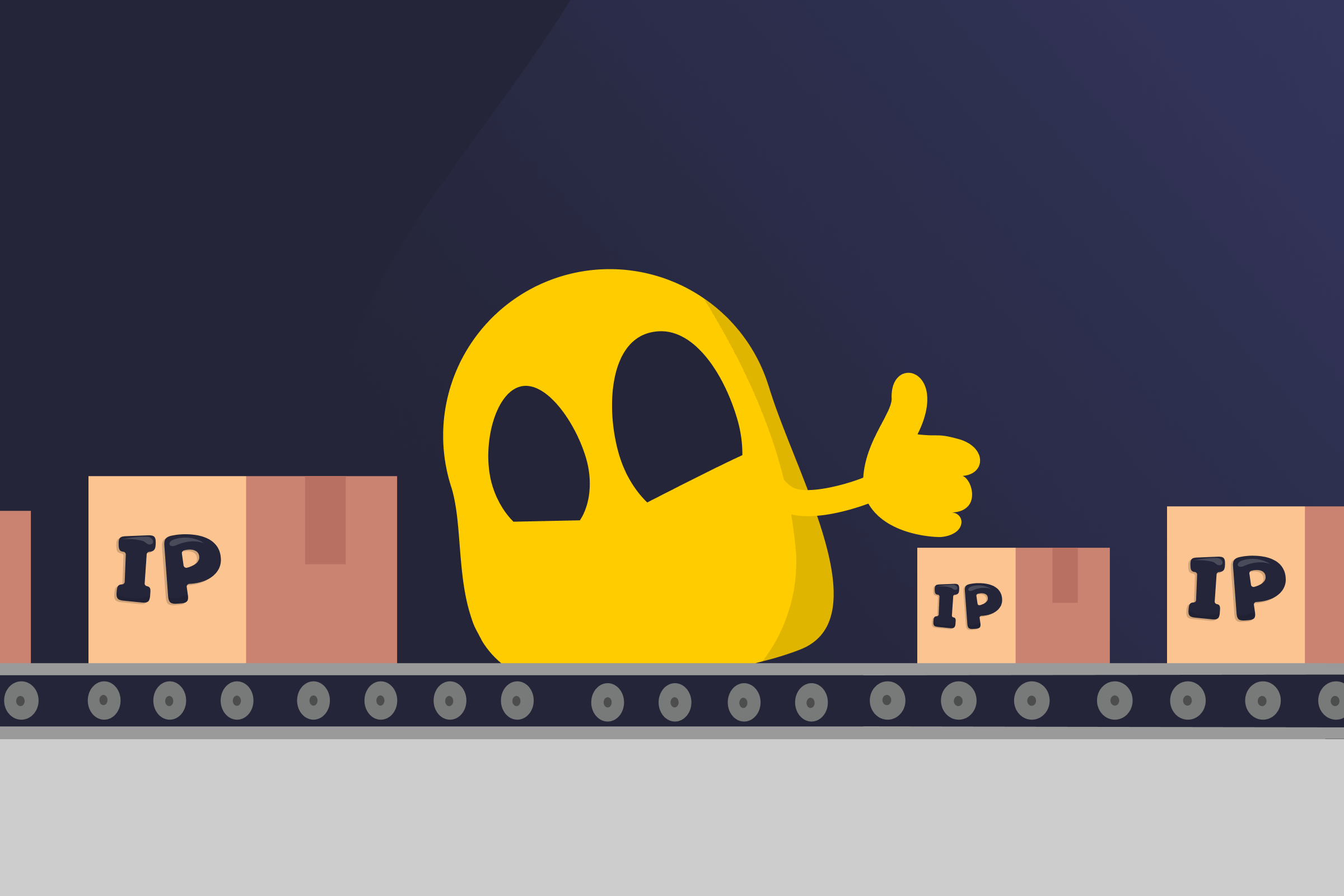IP Packet

IP Packet Definition
An IP packet is a unit of data used to send information across a network using the Internet Protocol (IP). A network can only handle limited amounts of data at a time, so bigger transmissions are broken into smaller units, called data packets. Each IP packet carries a part of the data along with the routing details it needs to reach its destination.
IP Packet Structure
IP packets have two main parts: the payload and the header. The payload is the data itself, such as part of a website, file, or video stream. The header is split into fields containing information about the packet, including:
- Version: Indicates the IP standard, which can be either IPv4 or IPv6.
- Length: Shows the size of the payload (in IPv6) or the whole packet (in IPv4).
- Source address: Contains the sender’s IP address.
- Destination address: Carries the recipient’s IP address.
- Time to Live (TTL): Counts down each time an IPv4 packet is forwarded to limit how long it can circulate on the network. When TTL reaches zero, the packet gets discarded.
Where Are IP Packets Used?
- Web browsing and emails: Transmitting all the text, images, and code elements that make up a website or email.
- DNS requests: Translating a website’s name into an IP address the device can connect to.
- Audio/video data: Delivering a continuous stream of audio or video data, usually for media streaming services, VoIP calls, and video conferencing apps.
- Online gaming: Synchronizing a player’s actions with the game’s server.
- File transfers: Downloading or uploading large files from or to websites or cloud storage.
- Internet of Things (IoT) devices: Exchanging commands between a control device and IoT gadgets, like smart sensors or speakers.
Read More
FAQ
An IP address is a type of datagram. Specifically, it’s a datagram that’s regulated by the Internet Protocol. Each packet contains all the information needed to route it from sender to recipient without establishing a dedicated connection between them first.
AN IP address is a unique identifier for every device on the network, while an IP packet is a unit of actual data being sent. Packets contain both the sender’s and the recipient’s IP addresses, so routers know where to deliver them.
IP packets break up data transferred over the internet into smaller, more manageable chunks. They’re used in almost every kind of online activity, including streaming, VoIP and video conferencing, online gaming, and browsing.

 45-Day Money-Back Guarantee
45-Day Money-Back Guarantee